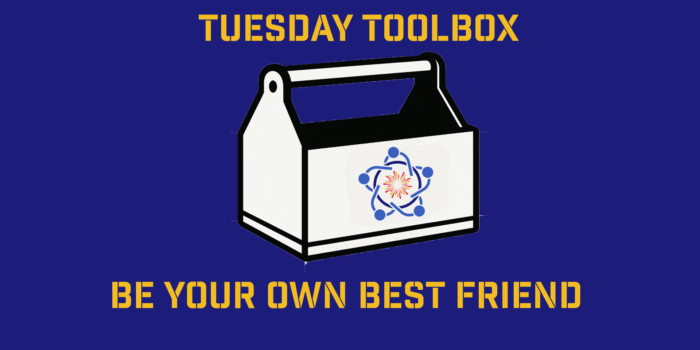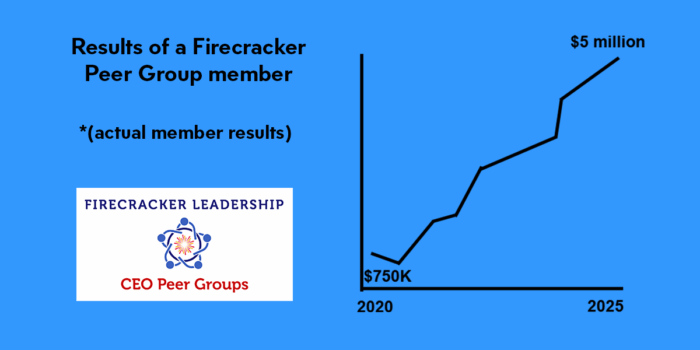My Wednesday Wish for You: To Be Your Own Best Friend We often push ourselves harder than anyone else ever…
While we think taking in extra gets us recognition, I’ve been coaching some folks to say no more to improve their leadership.
Before the pandemic, the World Health Organization identified burnout—defined as workplace stress left unmanaged—as an occupational phenomena. In fact, WHO attributed more than 745,000 deaths to overwork.
It’s hard to say “no” to work requests because we are pro-social creatures, says Deborah Grayson Riegel, coauthor of Go to Help: 31 Strategies to Offer, Ask For, and Accept Help.”We have been wired since the beginning of humanity to want to work together for the protection of the community,” she says.
In addition to being pro-social and wanting to help each other, we also have a reciprocity bias. “If you do something for me, I want to do something for you, and vice versa,” says Grayson Riegel. “Saying ‘no’ to a request for help interferes with what we think of as being helpful, friendly, and cooperative.”
We may also fear reputational and relationship costs associated with turning something down, asking ourselves questions like, “Will turning something down show up negatively on my performance review?” or, “Will I be seen as somebody who isn’t a team player?” or, “If I say ‘no’ to this, will they ask someone else when they have a more exciting or high-profile project next time?”
And working remotely can also make it hard to “no.” “There is a loss of visibility when you’re not in physical proximity,” says Grayson Riegel. “I think saying ‘no’ to things can feel harder because we are missing some of the relational connectivity that we get from running into somebody in the hallway or grabbing lunch together.”
WHY YOU NEED TO SAY “NO”
While there are plenty of reasons we resist saying “no,” there are just as many reasons to stop saying “yes,” says Grayson Riegel.
Most important, if you don’t turn things down, you are likely to get overwhelmed. And the truth is that saying “no” won’t mean your job will disappear and your reputation will be tarnished. In fact, saying “yes” to everything sets a precedent where people see us as always available and always willing. And that can backfire.
“When you don’t realize you have too much stuff on your mind or too many things on your plate, you’re much more likely to make mistakes,” says Grayson Riegel. “And that leads to the very kind of reputational damage we fear saying ‘no’ would cause us to be engaged in.”
Deciding to say “yes” or “no” to a request should come from a relationship and career perspective, she says.
“Women in particular are asked more frequently and tend to say, ‘yes’ more often to what are known as non-promotable tasks,” she says. “It’s following up on birthdays, getting the cake, setting up the meeting minutes. These are all things that do not have a positive impact on a woman’s career growth.”
HOW TO START SAYING “NO”
Like any change you make to behavior, it helps to start small with requests that don’t impact your career trajectory. For example, if a colleague asks if you could quickly proofread for something for them and you don’t have the bandwidth to add something else to your plate, it would be easier to say “no” to this request as opposed to a request from your boss.
“It’s something quick and it’s something that somebody else probably could do,” says Grayson Riegel. “Start with low hanging fruit that won’t have the same kind of reputational threat. Start with somebody who is likely to understand and be forgiving.”
Saying “no” to your boss is the next step. Grayson Riegel recommends having a conversation about it.
“Frame it in terms of, ‘I want to make sure that I’m focusing my time, energy, and attention on the most important strategic priorities for the quarter or year,” she says. “Make it more about wanting to say ‘yes’ to the more important things. And ask your manager, ‘Could you help me think through what those things should be?’ Then you’ll be in agreement on the right things to do.”
You can also get better at saying “no” by setting career goals. This will help you get clear about where you see your career going. Then you can measure whether the task is something on the pathway to getting there.
“Sometimes the pathways are internal to the organization, such as taking on new projects, and being exposed to certain people, education, and experience,” says Grayson Riegel. “If you don’t have a goal and haven’t had career conversations with your manager, it makes it hard to identify the important steps.”
While Grayson Riegel says saying “no” gets easier over time, you have to be clear when the request is a request and when it is a command. “A request is something to which you can say ‘yes,’ ‘no,’ or make a counteroffer, by saying, ‘I can’t do this, but I can do that,’” she says. “If it’s actually a command, saying ‘no’ isn’t an option.”
A FastCompany article
Image used by the courtesy of BD Hypno Plus, and linked here https://www.briandcruzhypnoplus.com/



